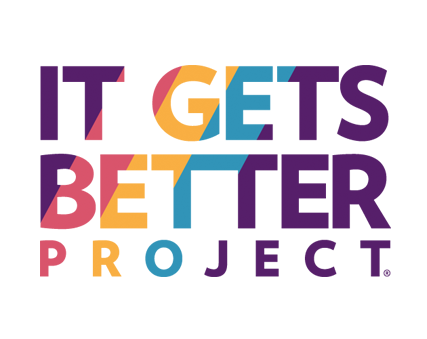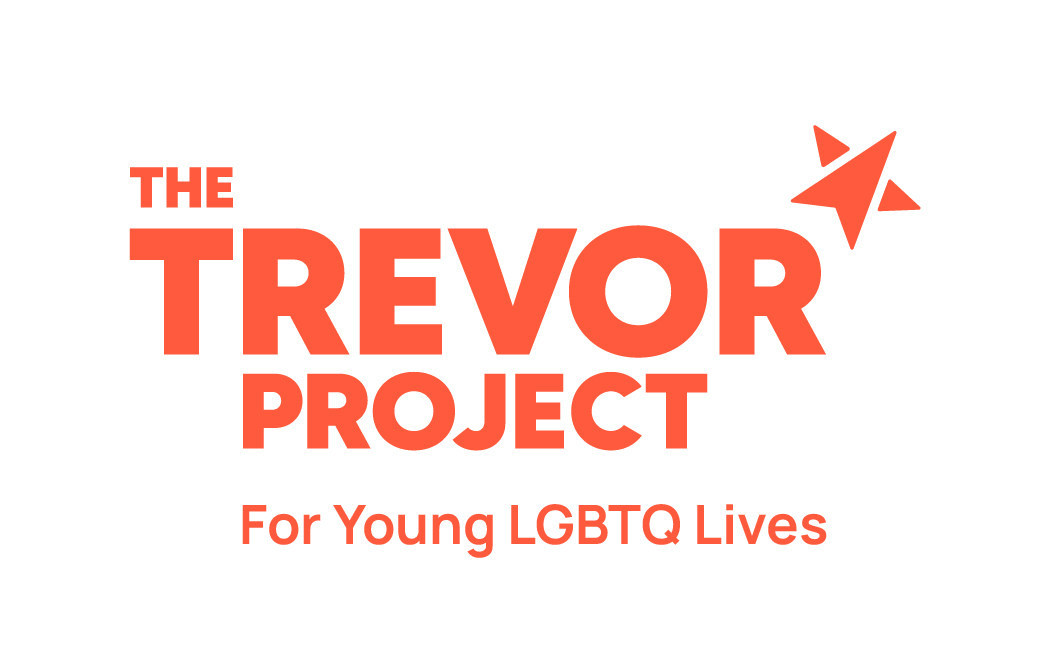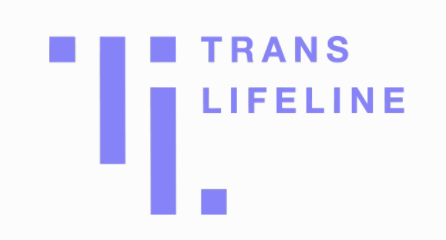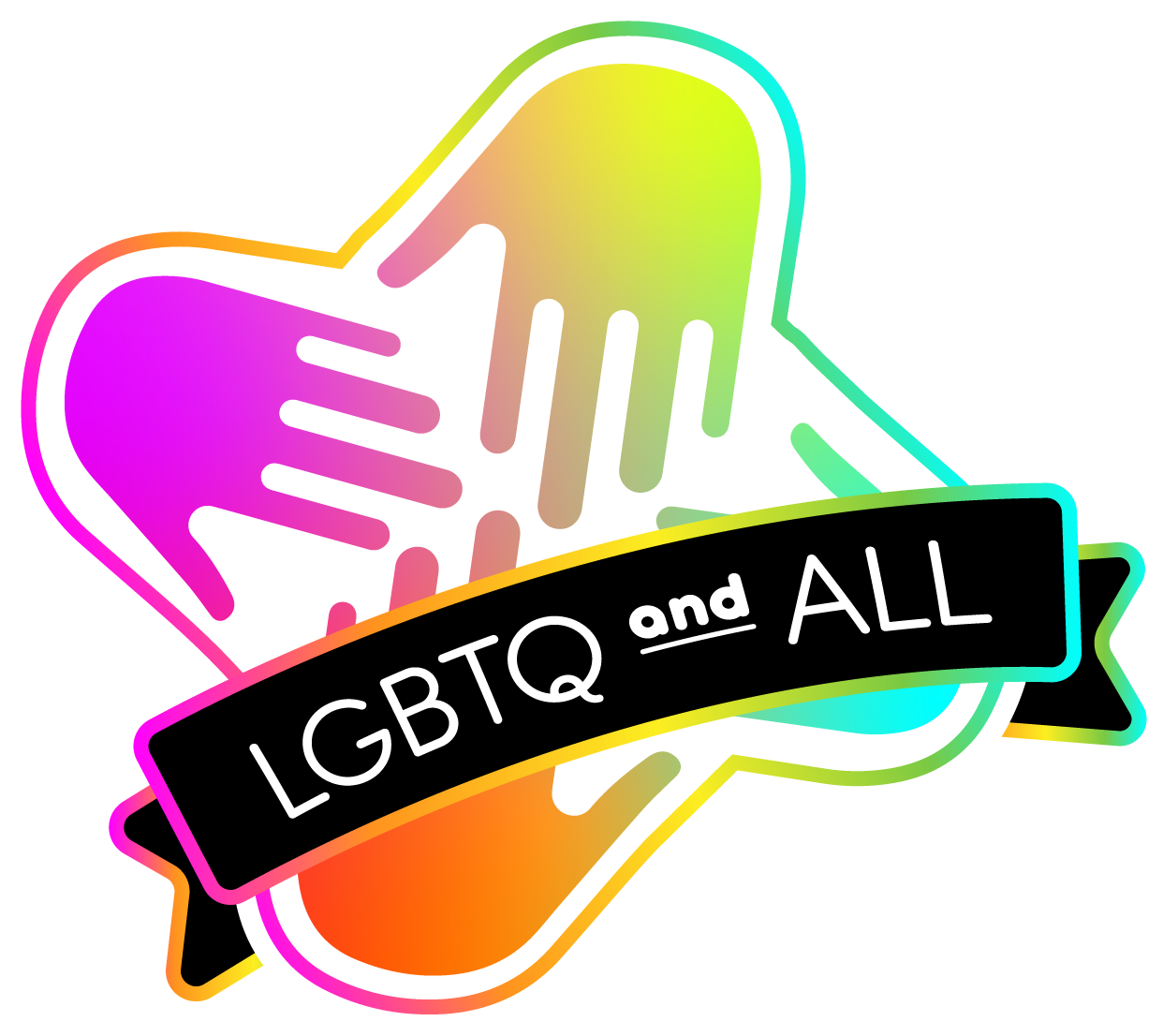LGBTQI+
Like other oppressed communities, LGBTQI+ communities are disproportionately at risk for suicide and other mental health struggles due to historic and ongoing structural violence. This section has information and resources for those looking for help and support for yourself or loved ones who identify within the vast, diverse, and thriving LGBTQI+ communities.
How To Take Care Of Yourself
If you need support, you can call, text, or chat with someone 24/7 through 988. We work to provide support and resources reflective of all communities and their own needs. You can reach a specialized LGBTQI+ affirming counseling by texting Q to 988 or pressing 3 when calling.
Know you are not alone. In addition to the 988 Lifeline, there are resources at the bottom of this page where you can connect with services and other members of the LGBTQI+ community. You can also hear from real people in our LGBTQI+ stories of hope and recovery below.
LGBTQI+ people under 25 can access 24/7 LGBTQI+ support on 988. To call an LGBTQI-trained crisis counselor, dial 988 and then press 3. To text, send the word PRIDE to 988. To chat, you can opt-in on the Pre-Chat Survey above by checking off the box for LGBTQI+ support.
Build a support network. Develop a support network in your life that will help keep you safe and that you can lean on if you feel depressed or suicidal.
Talk to someone. Don’t keep thoughts of suicide to yourself. Lean on your support network, find a therapist or a support group, or get in touch with the Lifeline.
Make a safety plan. Have a step-by-step plan ready for if/when you feel depressed, suicidal, or in crisis, so you can start at step one and continue through the steps until you feel safe. Having a template on hand with an established plan may be helpful, or you can get help and guidance at mysafetyplan.org/.
How To Help
We all have a role to play in preventing suicide. Learn how to support and be an ally to your LGBTQI+ loved ones.
Be an ally. Publicly show your support and advocate for LGBTQI+ communities, even and especially when they are not present. Ensure that you are supporting loved ones by affirming their identity, using their pronouns, and being an active part of creating an anti-oppressive, gender-affirming space.
Know the facts. Reinforcing people’s agency by calling them the correct name and pronouns is proven to reduce suicidal behaviors by over 60%. About 40% of unhoused youth identify as LGBTQIA+, placing them further at risk for complex layers of harm. Strong family bonds, safe schools, and support from caring adults can all protect LGBTQI+ youth from depression and suicidality (Committee on Adolescence 2013).
LGBTQI+ elders face substantial barriers—stemming from current discrimination as well as the accumulation of a lifetime of legal and structural discrimination, social stigma, and isolation. Others struggle with the burdens of poverty and social isolation. Each older LGBTQ+ adult carries their own story of pride and silence, of resilience and struggle, of love and loss. (SAGE, 2017).
Ask and listen. Be an active part of your loved ones’ support systems and check in with them often. If they show any warning signs for suicide, be direct and ask. Tell them it’s OK to talk about suicidal feelings. Listen to their story without offering advice or judgment. For more guidance on steps you can take to help someone thinking of suicide, visit bethe1to.org.
Collaborate with your loved one to get them any help they might need. Support them in identifying others to talk to who may understand how they feel – family members, friends, co-workers, and faith or spiritual leaders. If you’re not sure where to start, the 988 Lifeline is always here to talk or chat, both for crisis intervention and to support loved ones, families, and allies.
Family and community support. Support from family, trusted adults, and friends make all the difference for transgender children and youth. LGBTQI+ youth who felt high social support from their family reported attempting suicide at less than half the rate of those who felt low or moderate social support. (The Trevor Project). Learn more about affirming behaviors families and loved ones can do to support LGBTQI+ youth here. Additionally, learn more about The Trevor Project’s Community Network here.

















